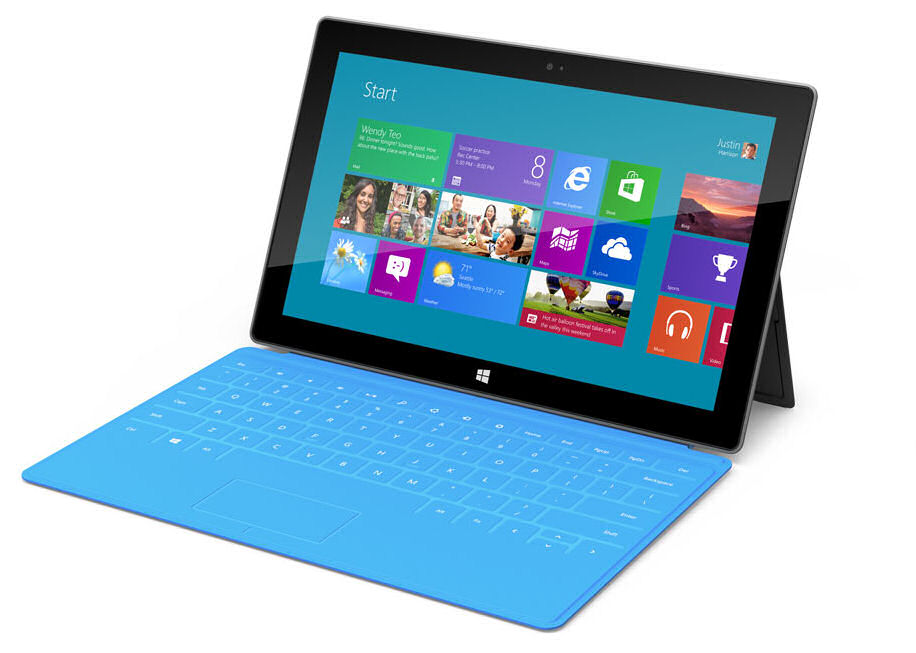A Microsoft device will certainly not be part of the initial Windows Phone 8 hardware roll out. However, it is entirely possible that Microsoft is preparing its own hardware to address a specific market segment, or as contingency plan should its current hardware partners not deliver. Given the timescales required to deliver such hardware, it would be somewhat short sighted not to be at least considering the option.
At the same time, it is important to recognise that the smartphone market is significantly broader, and more complex, than either the tablet or entertainment console markets.
Microsoft's over reaching goal, Ballmer explains, is to deliver delightful, seamless experiences, whether on its own, or working with partners:
"In all our work with partners and on our own devices, we will focus relentlessly on delivering delightful, seamless experiences across hardware, software and services. This means as we, with our partners, develop new Windows devices we'll build in services people want. Further, as we develop and update our consumer services, we'll do so in ways that take full advantage of hardware advances, that complement one another and that unify all the devices people use daily. So right out of the box, a customer will get a stunning device that is connected to unique communications, productivity and entertainment services from Microsoft as well as access to great services and applications from our partners and developers around the world."
Ballmer also talks about the opportunity ahead for Microsoft and how the areas of focus will include:
- Developing new form factors that have increasingly natural ways to use them including touch, gestures and speech.
- Making technology more intuitive and able to act on our behalf instead of at our command with machine learning.
- Building and running cloud services in ways that unleash incredible new experiences and opportunities for businesses and individuals.
- Firmly establishing one platform, Windows, across the PC, tablet, phone, server and cloud to drive a thriving ecosystem of developers, unify the cross-device user experience, and increase agility when bringing new advancements to market.
- Delivering new scenarios with life-changing improvements in how people learn, work, play and interact with one another.
The idea of one platform, Windows, and the importance of the cross-device user experience is particular notable for the smartphone domain. The idea of smartphones as singular devices is rapidly retreating, and is being replaced with a recognition they are part of a greater whole. That has significant implications for both how the devices and their accompany services and software are builts, and how consumers can expect to use such devices in the future.

